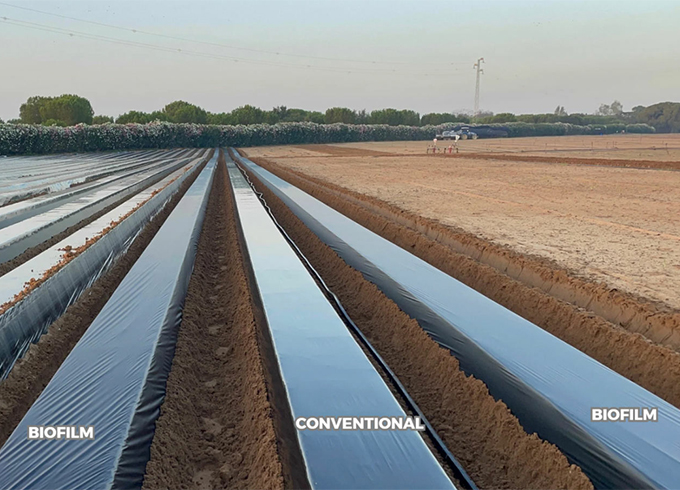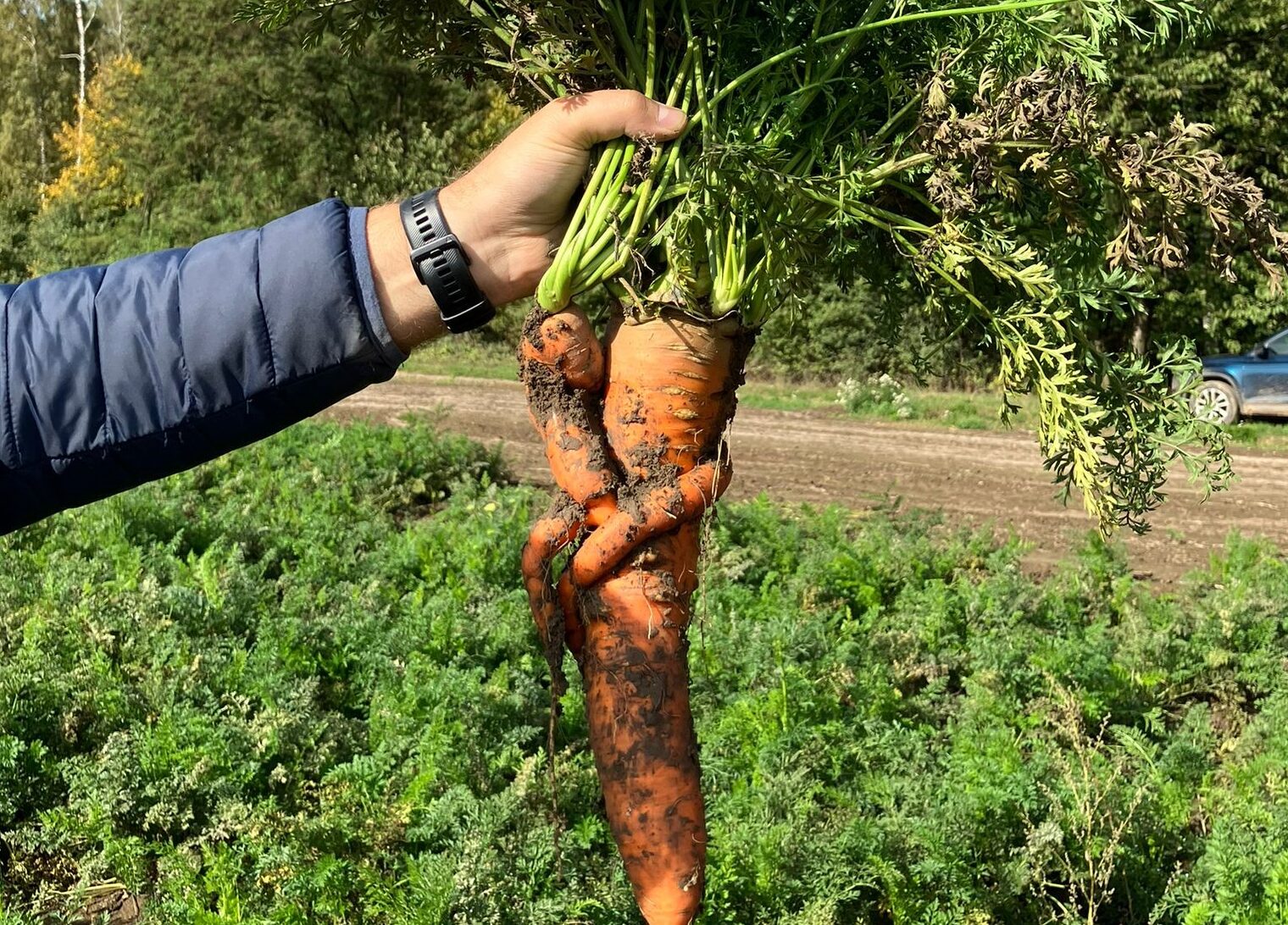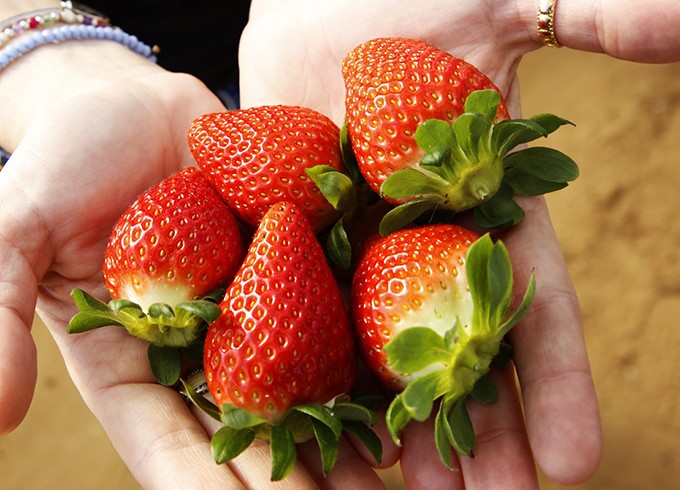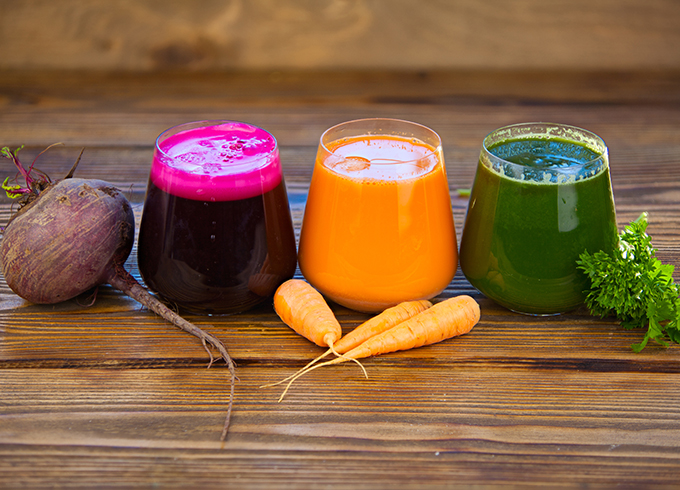SVZ and BASF: a sweet partnership for sustainable strawberry farming

We are thrilled to share a new chapter in our sustainability journey: we have joined forces with one of our valued customers and BASF to enhance farming practices in our strawberry farms in Huelva, Spain, with a holistic solution that combines a certified soil biodegradable mulch film and an advanced water management strategy. This partnership aims to do more than just adopt a sustainable alternative to conventional plastic mulch films and enhance water management; it’s about reducing the environmental footprint of our strawberry cultivation to meet consumer expectations and drive long-term business success. For our leading strawberry growers, this is a chance to spearhead sustainable farming, aligning with SVZ’s values and commitment to a more responsible supply chain. We’ll be keeping you informed on our progress, so make sure you stay tuned for exciting updates!
The impact of plastics on agricultural practices
Introduced in the mid-19th century in the USA to boost efficiency and crop yields, the use of plastics in agriculture – known as “agri-plastics” – gradually replaced traditional materials like glass and paper.[1]
As of 2021, an estimated 713,000 tonnes of new plastics were introduced into the European market, with 76% of this volume consisting of films. [2] In agriculture, plastic films are typically used to improve crop production by modifying soil temperature, reducing erosion, controlling weeds and pests, retaining moisture, and protecting plants from several agents.
Strawberry cultivation, especially in Huleva, Spain, heavily relies on conventional plastic mulching. However, unlike greenhouse plastic films, which are often reusable, mulch films are typically single-use and pose significant environmental challenges, including non-biodegradable waste accumulation, soil contamination from microplastics, negative impact on biodiversity and water pollution.[3] Managing agri-plastics waste is also a challenge due to financial and technical constraints.
The good news is that we’re working to make sure alternatives become a reality! A soil biodegradable mulch film offers a promising solution to these challenges. It is estimated that biodegradable products for mulching films and horticulture twine applications only make up less than 1% of the mulch films used in agriculture.[4] By leading the shift from plastic mulch films to a certified soil biodegradable mulch film and optimising the use of water at the same time, we aim to reduce the environmental impact of the Spanish strawberry industry while maintaining productivity and enhancing ecosystem health.
Advocating for change: rethinking plastic mulch
At SVZ, we’ve long been aware of the environmental toll of plastic mulching and the urgent need for a more sustainable alternative that is also commercially viable for farmers. In 2020, we embarked on a journey to find a better solution. Our first step was experimenting with paper-based mulch, but after challenging trials during the 2020-21 and 2021-22 harvests that didn’t produce the desired effect, we knew we needed to test a different material. That’s when we turned to BASF’s certified soil biodegradable biopolymer ecovio®. In the 2022-23 harvest, we tested the durability of certified soil-biodegradable mulch films made from ecovio® throughout the season in organic fields, with promising results, and we’re excited to expand the project to conventional farming for the 2024-25 season with the support of our partnership with BASF and SVZ’s customer.
Our previous testing pilots revealed several key benefits, including significant reduction in plastic waste and environmental pollution, and potentially reduced post-harvest labour since manual removal is no longer needed. While we work under the assumption that these benefits are achievable, with our partnership, we are driven to prove them scientifically. This shift not only underpins a more sustainable agriculture programme but also supports compliance with current and future stringent sustainability regulations and standards.
Maximizing farm efficiency through water
Water is an essential element in strawberry cultivation – and a highly valuable resource in drought-prone countries such as Spain – so we couldn’t roll out this project without developing a thoughtful strategy to optimise water usage. Together with our local partner AgroIntelligence, we are setting a baseline for water consumption during the soil preparation cycle. This cycle is significant because it is estimated to account , yet it is often overlooked in agronomic advice. By focusing on the critical phases of soil preparation, ridging, and mulching, we aim to optimise water use through detailed planning and real-time data collection. Our goal is to develop a sustainable water management strategy that not only conserves resources but also improves overall farm efficiency throughout the growing season.
Looking forward to the first results
While the lack of testing in conventional farming may present a market barrier, we see the use of the certified soil biodegradable mulch film as a unique opportunity. However, this shift is not without its challenges. Transitioning to soil biodegradable mulch film, for example, may come with a higher initial cost compared to conventional plastic films. In Spain, where strawberry farming traditionally relies on conventional mulching methods, moving towards plastic-free farming necessitates not only a financial investment but also targeted incentives to support farmers through this transformative journey.
We believe the long-term rewards can far outweigh these upfront expenses. Benefits like reduced waste management costs, improved crop yields, potential water savings, and enhanced brand value make this investment worthwhile. Considering these factors, the higher initial cost of the soil biodegradable mulch film becomes a strategic investment in our supply chain.
Close collaboration with farmers testing the certified soil-biodegradable mulch films made of BASF’s ecovio® in conventional farming settings will also be crucial to our project’s success. By adopting this biodegradable alternative to traditional plastic mulch films, our growers will not only cultivate strawberries but also nurture a future where every berry harvested reflects our deep commitment to the planet. So, stay tuned for the preliminary results!
[1] Le Moine, B., Ferry, X., Plasticulture: economy of resources. Acta Hortic., 1252 (2019), pp. 121-130, https://doi.org/10.17660/ActaHortic.2019.1252.17
[2] EIP-AGRI Focus Group Reducing the plastic footprint of agriculture, 2021, eip-agri_fg_plastic_footprint_minipaper_b_final.pdf (europa.eu)
[3] Salama, K.; Geyer, M. Plastic Mulch Films in Agriculture: Their Use, Environmental Problems, Recycling and Alternatives. Environments 2023, 10, 179. https://doi.org/10.3390/environments10100179
[4] Ibid, eip-agri_fg_plastic_footprint_minipaper_b_final.pdf (europa.eu)


